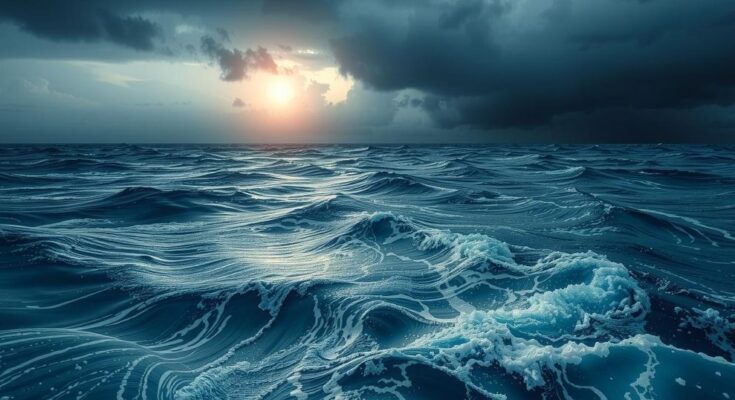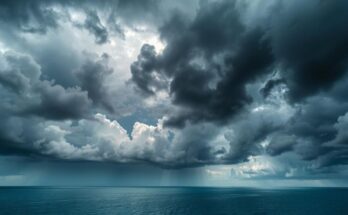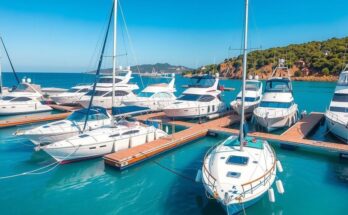Tropical Cyclone Alfred is currently located in the Coral Sea with winds of 86 mph, marking it as a Category 1 hurricane. Satellite images help assess its intensity, while only 25% of cyclones globally occur in the Southern Hemisphere, where they have different naming conventions and rotate clockwise. The cyclone season runs from late October through May, affecting various coastal regions.
Tropical Cyclone Alfred was recorded in the Coral Sea as of Tuesday morning, according to the latest information from the Joint Typhoon Warning Center. With sustained winds of 86 miles per hour, the storm would qualify as a Category 1 hurricane were it located in the Atlantic Ocean.
Satellite imagery plays a crucial role in assessing the strength, size, and structure of cyclones. A symmetrical appearance of the storm’s eye suggests that it is not encountering significant external factors that could diminish its intensity.
In the Southern Hemisphere, only about twenty-five percent of the world’s tropical cyclones develop. While storms with sustained winds exceeding 74 mph are designated as hurricanes in the Atlantic, they are referred to as cyclones in this region. Additionally, unlike hurricanes, Southern Hemisphere cyclones rotate in a clockwise direction.
These cyclones pose a threat to eastern Africa, particularly Madagascar, as well as to the western, northern, and eastern coastlines of Australia and nearby island nations. The cyclone season in this hemisphere typically commences in late October and persists until May, with peak activity generally occurring in late February and early March.
Tropical Cyclone Alfred, currently in the Coral Sea, has reached winds of 86 mph, categorizing it as a Category 1 hurricane equivalent. Satellite imagery is vital for analyzing storms, and cyclones in the Southern Hemisphere differ in naming and rotational direction from their Northern Hemisphere counterparts. The cyclone season spans from late October to May, affecting regions such as Madagascar and Australia.
Original Source: www.nytimes.com




